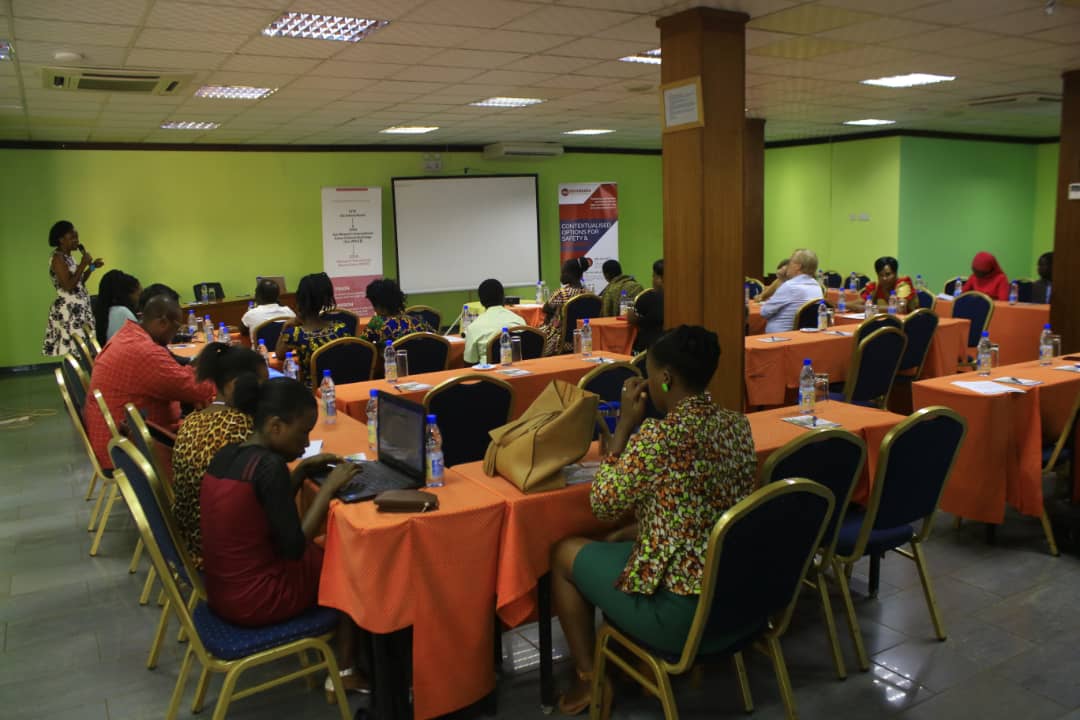There has been a rise of threats towards Women Human Rights Defenders (WHRDs) because they continue to strongly resist patriarchy, religion and cultural norms that marginalize the voices of all women in our communities. The cluster of WHRDs engulfs persons or organizations that promote and protect human rights of women against violence. This includes Feminists and LBQ rights activists or organizations who are often targeted because they challenge the present status quo.
For so long, all women have been prejudiced and looked at as the weaker sex. It gets worse when one identifies as part of the sexual minorities (LBQ) who are already held at the lowest regard because of societal homophobia and stigmatization. Other current trends that WHRDs are challenged with revolve around intimidation through online and sexual harassment, brutalization, unwarranted arrests and detention. Our visibility is fast fading since we are already gagged by society's notion that we are not to supposed to speak out against issues that encompass women.
During the National Women's Week at Hotel Africana held on 24th October 2018, the Women International Peace Center in conjunction with Defenders Protection Initiative organized a public conversation themed "Practical Solutions for the Security of WHRDs" to brainstorm on solutions to insecurity while we continue to advocate women's rights. Risk assessment should be prioritized before any activity takes place and emphasis was put on security in working as groups which will enable the involved stakeholders to share the risk in case of attacks.
Visible collaborations, partnerships and creation of networks can amplify our voices as WHRDs, encourage a pool of resources in times of crisis and ensure that our advocacy continue. This will also raise awareness of the potential security risks at a given time, how to overcome them and the available support services if we are under threat.
WHRDs should take advantage of the legal aid services offered by legal service providers like Chapter Four Uganda, Human Rights Awareness and Promotion Forum (HRAPF) because they are approachable, willing to work with us and believe in our activism for rights of all Ugandan women minorities based on the absolute law of the land.
We should share best practices and actively build the capacity of other WHRDs starting at the grassroots up to the International level. This will strengthen capacities and encourage free engagement in all spaces. Also, securing data and gadgets through the various applications like Veracrypt, pgp/ gpg even from hackers can protect the WHRD or the organization's information.
Finally, we must always remember that self-care is a way to keep us robust with energies to continue our work. Physical training through self-defense classes and an individual security plans are useful. Being updated about the happenings our vicinities will keep us vigilant and alert because an attack on one WHRD indicates that you are the next target because you do the same work.



